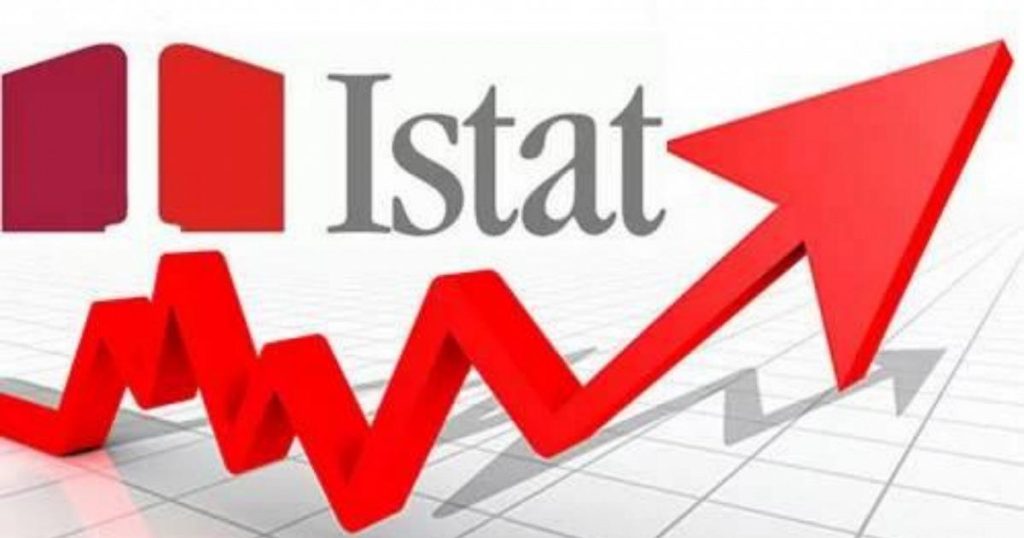The third quarter of 2024, according to Istat data, paints a complex picture of the Italian economy with both positive signals and critical issues. While the public deficit has significantly decreased from 6.3% to 2.3% compared to the same period the previous year, Italian households are facing increasing tax pressure and decreasing propensity to save. The primary balance of public administrations has improved significantly, with an impact on GDP of 1.7%, compared to 2.8% in the third quarter of 2023. The current balance of public administrations also showed a +1.9% increase (1.6% in 2023), while the tax burden has increased to 40.5%, up by 0.8 percentage points from the previous year. This data confirms that taxes remain a hot topic for the economic system.
Although the disposable income of families has increased by 0.6% compared to the previous quarter and consumption has grown by 1.6%, Italian families show signs of increasing difficulty in everyday life. The propensity to save has decreased from 10% to 9.2%, while purchasing power has increased by 0.4%, although more moderately compared to previous periods. The industrial system has seen a decrease in both the profit share (42.4%, down by 0.3 percentage points) and the investment rate (21.7%, down by 0.4 points), signaling caution in the entrepreneurial sector fueled by persistent uncertainty in vital sectors starting with the automotive industry.
Istat, commenting on the data, highlighted the seventh consecutive quarter of growth in the purchasing power of families, albeit at a slower pace compared to previous periods. On the other hand, the savings rate is slowing down, while for businesses the situation remains complex, with signs of declining profits and investments. Politically, reactions to these data are mixed. The government, through Prime Minister Giorgia Meloni, emphasized the positive results in terms of employment, citing the highest employment rate since the Expedition of the Thousand and the lowest unemployment rate since the launch of the first iPhone. Meloni also highlighted the historical record of female employment, with over ten million working women. “I am proud of the economic data,” she wrote, adding that the results confirm the positive trend in employment, especially among women.
On the other hand, consumer associations such as Codacons do not hide their concerns: “The data on purchasing power and savings are still not satisfactory,” they stated, explaining that the increase in consumption is still too limited and the absence of a significant reduction in prices continues to weigh on families. At a macroeconomic level, the policies aimed at containing the public deficit have also been praised by Unimpresa, which described it as an extraordinary result resulting from responsible economic policies and prudent management of public resources. The final balance of the third quarter of 2024 highlights Italy’s efforts to rebalance its public finances, but at the same time, it must tackle the challenge of stimulating consumption and supporting families without further squeezing their spending capacity. This further confirms that, despite difficulties, the Italian economy is in motion, but there is still a long way to go.


